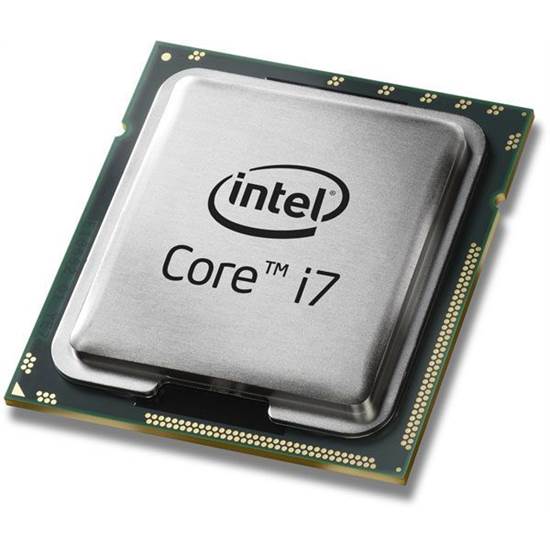Intel is working on CPUs that will include built-in protections against the notorious Meltdown and Spectre attacks, CEO Brian Krzanich revealed on Thursday during a conference call discussing the company’s latest earnings report.
Intel has released some microcode updates to address the vulnerabilities, but the patches have caused serious problems for many users, which has led to Intel and other vendors halting updates.
“Our near term focus is on delivering high quality mitigations to protect our customers’ infrastructure from these exploits. We’re working to incorporate silicon-based changes to future products that will directly address the Spectre and Meltdown threats in hardware. And those products will begin appearing later this year,” Krzanich said.
“However, these circumstances are highly dynamic and we updated our risk factors to reflect both the evolving nature of these specific threats and litigation, as well as the security challenge, more broadly,” he added.
The latest financial report shows that the company had a great 2017, with a record fourth-quarter revenue of $17.1 billion and a record full-year revenue of $62.8 billion. Despite its reputation taking a hit due to the Meltdown and Spectre vulnerabilities, the company expects 2018 to also be a record year.
It’s worth noting, however, that one of the factors that could cause results to differ from the company’s expectations are vulnerabilities in Intel processors and other products. In addition to the security flaws themselves, Intel is concerned about the adverse performance and system instability introduced by mitigations, associated lawsuits, the negative publicity they generate, and the impact they may have on customer relationships and reputation, the company said.
Several class action lawsuits have already been filed against Intel, accusing the company of violating state consumer laws by misleading customers about its product and breaching warranties.
Krzanich sold all the stock he was legally allowed to, worth roughly $24 million, just weeks before the existence of Spectre and Meltdown came to light, which has raised insider trading concerns.
Intel has denied the allegations, but French publication LeMagIT reported this week that Intel started informing its partners of the flaws on the same day the company’s CEO sold his shares, specifically November 29.
Related: Fake Meltdown/Spectre Patch Installs Malware
Related: Intel Tests Performance Impact of CPU Patches on Data Centers















